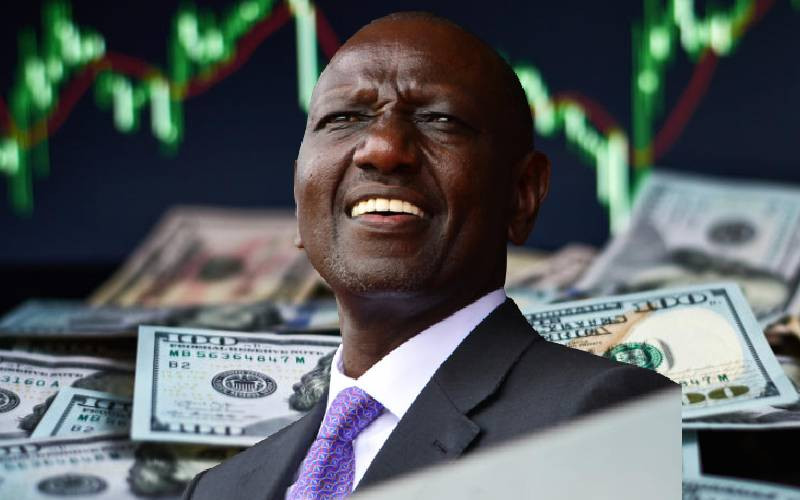×
The Standard e-Paper
Join Thousands Daily

Kenya is confronting a currency crisis involving the steep decline in the value of the shilling, which is causing negative ripple effects throughout the economy.
The surging US dollar has seen the shilling weaken, contributing to the skyrocketing prices of most basic commodities.